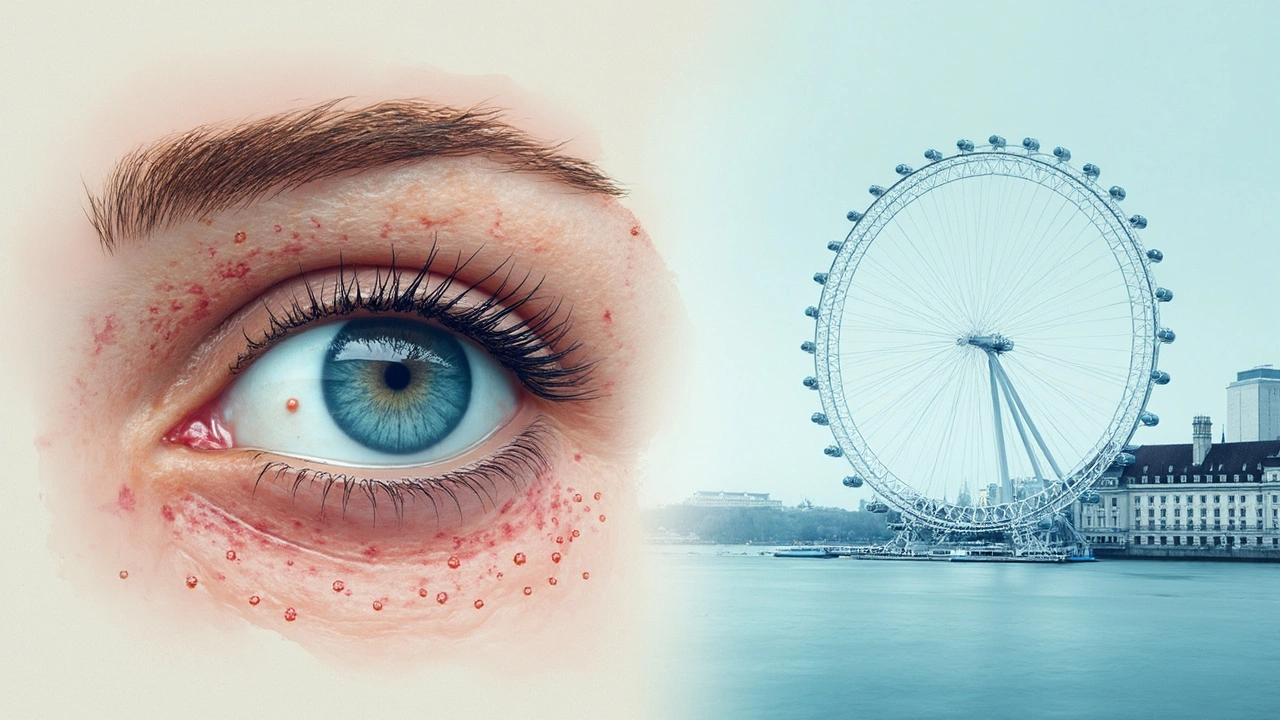Eye Health: Simple Tips to Protect Your Vision
Want to keep your eyes sharp without a lot of fuss? Small daily changes make a big difference. This guide gives clear, practical steps you can use today to reduce eye strain, protect vision, and know when to see a professional.
Daily habits that help
Staring at screens all day? Try the 20-20-20 rule: every 20 minutes look at something 20 feet away for 20 seconds. It relaxes focusing muscles and cuts fatigue. Blink more—when you read or work on a screen your blink rate drops, drying the eyes. If your eyes feel gritty, use preservative-free artificial tears.
Set up your workspace. Keep screens slightly below eye level and about an arm’s length away. Reduce glare with a matte screen filter or by angling your monitor away from bright windows. Use warm room lighting rather than a single bright overhead light.
Wear the right glasses. If you need prescription lenses, use them. Consider blue-light blocking lenses if you spend long hours on screens, especially before bed. For outdoor time, wear sunglasses that block 100% UV—sun exposure adds up and raises the risk of cataracts and macular damage.
Nutrition, supplements, and lifestyle
Your eyes benefit from the same healthy choices that help the rest of your body. Eat colorful veggies—spinach, kale, and carrots are rich in lutein, zeaxanthin, and beta-carotene, nutrients linked to macular health. Fish high in omega-3s, like salmon, support tear quality and retinal function.
Thinking about supplements? Look for formulations with lutein, zeaxanthin, zinc, and vitamins C and E if you have risk factors for age-related macular degeneration. Don’t start high-dose supplements without talking to your doctor—some interact with meds or aren’t needed if your diet already covers them.
Quit smoking. Smoking increases the risk of macular degeneration, cataracts, and optic nerve damage. Staying active and controlling blood sugar and blood pressure also protects the small blood vessels in the eyes.
Watch for warning signs you shouldn’t ignore: sudden vision loss, flashes of light, a shadow or curtain across your vision, double vision, or a sudden increase in floaters. These can signal retinal detachment, stroke, or other urgent problems. If these happen, get immediate medical attention.
Schedule regular eye exams. Adults under 40 should get checked every 2–4 years if they have no symptoms; after 40, every 1–2 years; and sooner or more often if you have diabetes, high blood pressure, or a family history of eye disease. Eye exams catch silent issues like glaucoma and early diabetic changes before you notice symptoms.
Simple steps add up. Adjust your screen habits, eat well, protect your eyes from the sun, and see an eye doctor when something feels off. Want tips on specific supplements or how to set up your desk for less strain? Ask and I’ll walk you through it.

